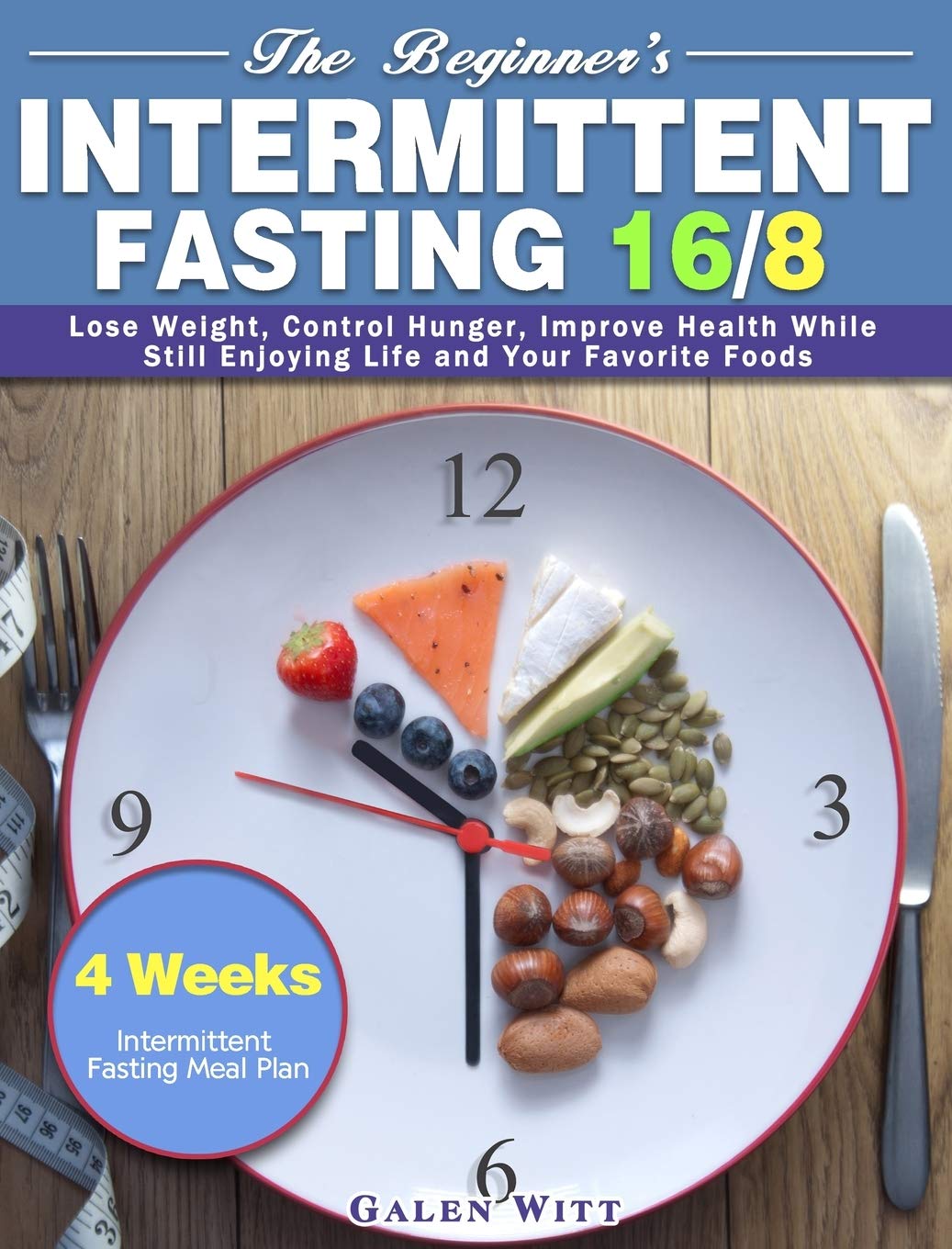
Do you know if eating breakfast can help you lose weight? Research shows that breakfast is good for you. You'll feel hungry later in the day if you eat a low-calorie meal. You will lose more calories and calories if you eat more calories for breakfast. It's a proven fact that you should eat at least a small portion of your daily calories in the morning. But what should it be? Here are some guidelines to help you decide.
Eat a high-protein breakfast
High-protein breakfasts are a boon. Your first meal of each day accounts for about a third to a third your daily calories. Studies have shown that a high-protein breakfast helps to control your appetite and keep your calorie intake in check throughout the day. Overeating and unhealthy eating can be caused by skipping breakfast. A high-protein breakfast is particularly helpful if your goal is to lose weight or maintain muscle mass.

High-fiber breakfast
High-fiber breakfasts are a good way to begin your day if it's your goal to lose weight. Instead of hitting the drive-through for a quick breakfast, try preparing something from a Men's Health cookbook. A breakfast sandwich can provide you with more fiber and protein, as well as a reduced likelihood of overeating during the day. For more information, contact Gabrielle Tafur, a registered dietitian in Orlando, Florida.
Oats:
When is the best time to eat oats for breakfast to lose weight? Depending on your metabolism breakfast can either be in the morning (or late in afternoon) depending on what time you prefer. If you're prone to late snacking, breakfast in the afternoon can be an added bonus. Eating oatmeal for breakfast is a low-calorie, high-fiber option that can help you stick to a weight loss diet.
Consume egg whites
Egg whites are a great way to cut down on calories and daily fat. Egg whites are high in protein and low in saturated fat. You may feel fuller for longer if you eat an egg white. In addition, egg whites contain no cholesterol. But, it is important to avoid eating whole eggs as they can contain cholesterol which can increase your chance of developing heart disease.

Eat oat bran
Oat bran is a great way to lose weight and not sacrifice flavor or nutrients. You can find oat bran at most health food stores or even order it online. Oat bran is usually ground and can be microwaved or roasted on the stove. Consume this healthy food with water to maximize its weight-loss potential.
FAQ
What is the difference between intermittent fasting or calorie restriction?
Calorie restriction can be defined as eating less than your body needs. Intermittent Fasting is different in that it doesn't restrict calories. It focuses on eating fewer calories during the day.
Intermittent fasting allows you to indulge in foods that you love while feeling guilt-free.
Both methods have their advantages and disadvantages. Decide which one you prefer.
What length of Intermittent Fasting should I be doing to lose weight?
The answer isn't as easy as it seems. For optimal fat loss, you need to take into account many factors. These are:
-
Your age. If you are younger than 40, intermittent fasting might be too difficult because you have less time for recovery after each fast. On the other hand, if you're older (over 60), you may find that you don't have enough energy to sustain an extended period of daily fasting.
-
Your current body composition. If you already have a lot of muscle mass, you'll likely benefit most from longer periods of fasting. Shorter fasting might be more appropriate for you if you have less muscle mass.
-
How physically active. You may need to increase your fasting time if you exercise often. This will ensure you get enough rest between workouts.
-
Your medical history. Some people with medical conditions like diabetes, heart disease, cancer, etc., may require additional fasting monitoring.
-
How well do you tolerate stress? Stressful situations can make us eat more. You might need to lengthen your fasting windows in order not to have this problem.
-
Which type of diet you choose. Certain diets, like ketogenic diets, may require even longer fasting periods.
-
Your quality of sleep. Insufficient sleep has been associated with decreased metabolism and increased appetite. It could take some experimentation to discover the best method for you.
-
Your daily intake of protein. Consuming more protein helps to stabilize blood sugar levels. This could lead to lower insulin levels. This would allow you be more consistent in your fasting.
-
It doesn't matter if you want to gain or lose fat, those who are trying for weight gain will often require longer fasting periods.
-
What percentage of calories do you consume during your fasting window? Fasting fewer calories per day may result in greater fat loss than fasting for more calories per day.
-
Your overall fitness level. People who are fit and fast burn more calories per day.
-
Your gender. Women tend to have a greater appetite than men, so they might need to fast for longer periods. Women tend to have smaller appetites so they might only need to fast for 20-30 minutes each morning.
-
Your lifestyle. Do you get enough physical activity? Do you do a lot of exercise each week? Do you work at a desk all day? All of these things can affect the amount of time you should fast.
-
How much do you spend per month on food? Not all healthy food means you need to spend a lot more on groceries. Whole grains are better than white bread and whole fruits are better than candy bars. Lean meats can also be saved.
-
How important it is for you to control your hunger. Fasting may not be necessary if you don't want skip meals.
How often do people fast?
A majority of ketogenic dieters fast one week. Some people fast twice weekly. Some others fast three days per week.
Each fast has a different length. Some people fast for 24 or 48 hours, while others go for 48.
Some people go on for more than 72 hours. However, extreme cases like these are rare.
How Much Weight Can You Lose in a Week?
Your current body fat percentage will determine how much weight you can lose. You need to determine how much weight loss you are looking for. Your BMI will tell you how much weight to lose. If your BMI is 25 or greater, you're overweight. If your BMI reads 30 or more, you are likely obese.
For example, if 200 pounds is your BMI, it would be 28.7. To get to a healthy weight range, you'd need 70 pounds of weight loss. To see if you're overweight, visit www.healthyminds.com/bmi/.
Once you have your BMI, you are able to use this formula for calculating how many pounds each week you will lose.
(Your Goal Weight - Current Weight)/BMI * 7 Number Of Pounds Lost Per Week
To lose 50 pounds in a month, you would need to exercise for 2 weeks. That's 56 days divided by 7 pounds per day. That's 8.3 pounds per week.
You could also try this calculator from www.weightlosscalculator.net. It will provide an approximate amount of calories that you would need daily to lose one pound per month.
Statistics
- According to Harvard Health, it's estimated that a 155-pound (70-kg) person burns around 167 calories per 30 minutes of walking at a moderate pace of 4 mph (6.4 km/h) (5). (healthline.com)
- One study in 9 active men found that HIIT burned 25–30% more calories per minute than other types of exercises, including weight training, cycling, and running on a treadmill (18Trusted Source (healthline.com)
- According to a study sponsored by the American Council on Exercise, a person weighing around 140 pounds (64 kg) would burn 108 calories at a 30-minute beginner's Pilates class or 168 calories at an advanced class of the same duration (26). (healthline.com)
- One 6-month study showed that simply doing 11 minutes of strength-based exercises 3 times per week resulted in a 7.4% increase in metabolic rate, on average. (healthline.com)
External Links
How To
How to lose weight by exercising
Being active is one of the best methods to lose weight. However, many people do not know how to exercise correctly. You should do cardio exercises, such as swimming, running, walking, swimming, etc., as well as strength training exercises, such as pulling up, pushingups, pull-ups and lunges. Combine these two types together to lose weight. Start exercising and find friends to support you. You have the option to go to a gym, but you also have the option of walking around the neighborhood. Whatever type of activity you choose, make sure that you stick with it consistently. It's very easy to get off track when you first start working out, so don't give up if things aren't going well right away. Keep going!